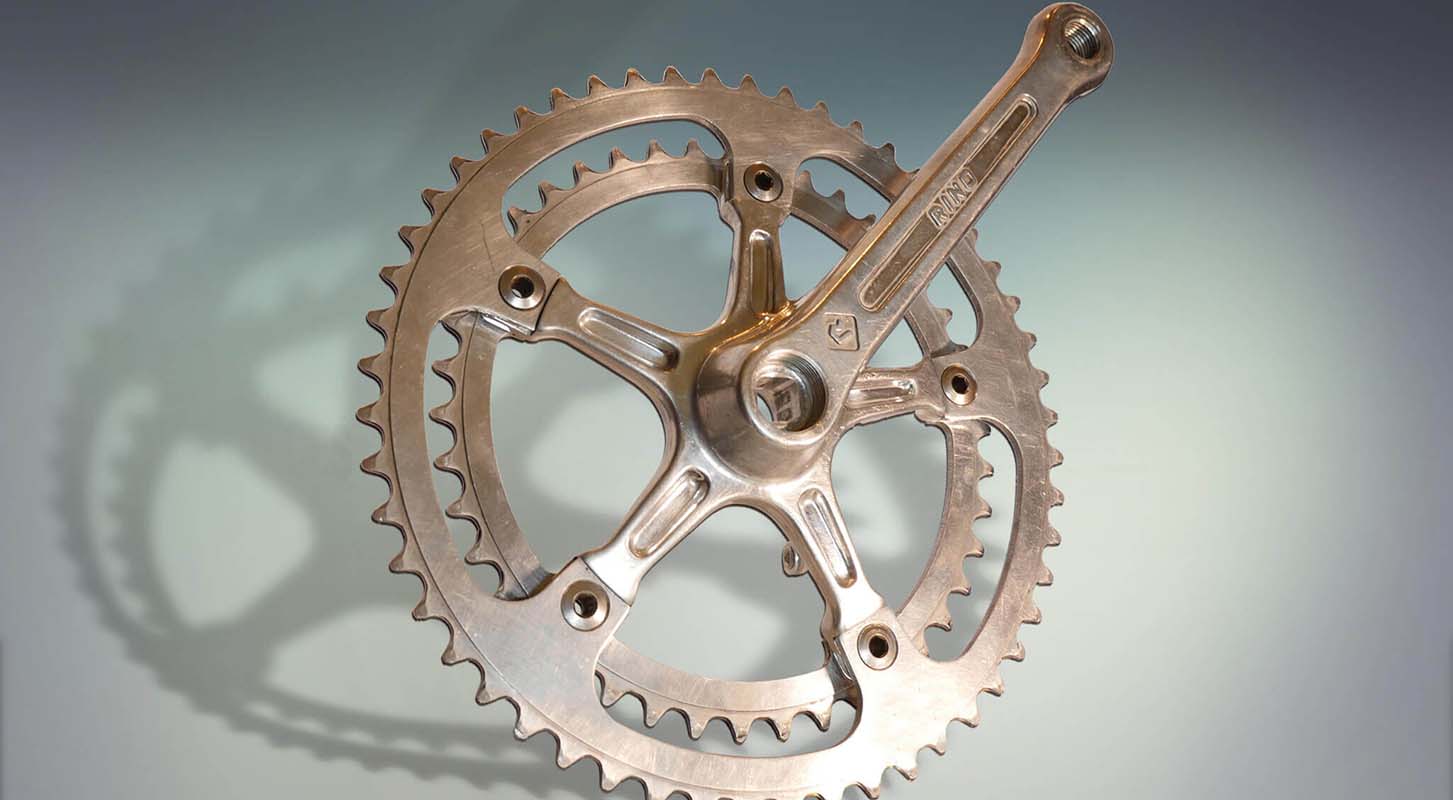I had a mixed set of duties in Afghanistan including second in command of convoy escort, supervising postal services, and overseeing morale and welfare programs including celebrity and VIP visits. The least advertised job was liaison with the US army-run morgue and mortuary affairs.
My Sergeant Major and his NCOs organized the public ramp ceremonies and Kandahar Air Field (KAF) based memorials. My job was behind the scenes. When a soldier had been killed, I would go to the morgue and assist the U.S. personnel with immediate handling of the remains. I did this so that my younger and more junior subordinates would not have to get "volunteered" for that type of work.
The last convoy escort patrol of my rotation was a "milk run” to every Forward Operating Base (FOB) in Zhari and Panjiway. It was a very long hard day. We were delayed by ongoing operations along the river. I moved up to one of the observation points to watch across the river valley as the artillery was firing. When a large explosion originated outside FOB Wilson, something did not feel right. We soon learned that the explosion was a NATO vehicle from an IED blast, three Canadian engineers had been killed, and we would be returning to KAF with the remains.
In FOB Wilson, we cross-loaded personnel from various vehicles in order to transport the three body bags, the soldiers' remains, in a single vehicle. I volunteered to ride in that vehicle so that no other soldier had to ride along. We had more stops before getting back to KAF and it was several hours before we reached the morgue.
Riding next to the remains would have been pretty upsetting for anyone. I was bothered that day, thinking of a young Master Corporal who had been in my platoon when I was a platoon commander. He had transferred into the engineers on my recommendation years before, and he mentioned how happy he was with that decision. I found myself wondering if he was one of the fatalities, but could not stomach checking the tags or sticking around the morgue to find out. Normally I would have helped with handling the remains, but this day I was unable to. In fact, I couldn’t get myself to the ramp ceremony, even after learning that that young Master Corporal was unharmed. I felt a horrendous mix of relief and guilt. This day would affect me long after I was released from the military years later.
About a year after leaving the military, I opened a small town bicycle shop. The local news did an "army veteran and family open new business" feel good story, which brought people in to say hello and wish us well. One man came in soon after we opened; he was an avid cyclist and a fan of the sport, so he was excited to have a new bicycle shop in town. He told me that his son was a soldier but had been killed in Afghanistan. We quickly became friends with a mutual respect, an affinity for cycling, and an appreciation for the effects of Afghanistan upon our lives.
One day over coffee, he started to tell me the story behind his son's death, and I quickly realized that his son was one of the three soldiers who had died that day. It took some time, but I found the courage to tell him about my involvement on the day his son was killed, and that I had escorted his son’s remains back to Kandahar. It was a difficult but very moving discussion that strengthened our friendship. This bicycle crankset represents my transition to post-military life, and it’s a reminder that my experience in Afghanistan will always be part of me.
